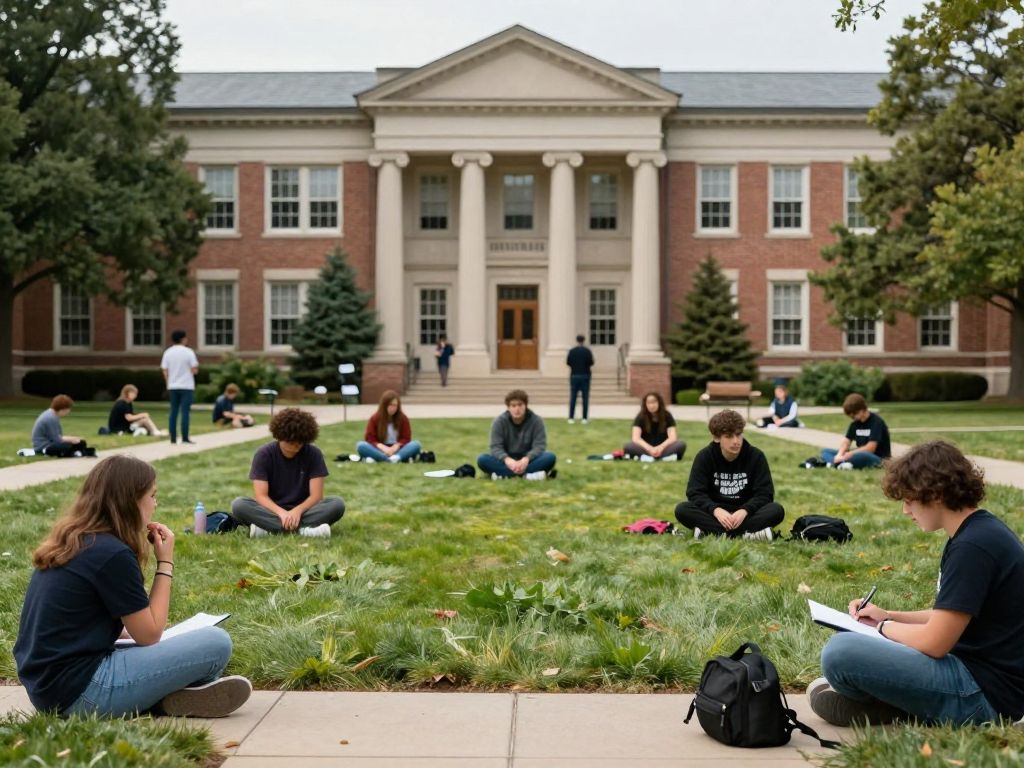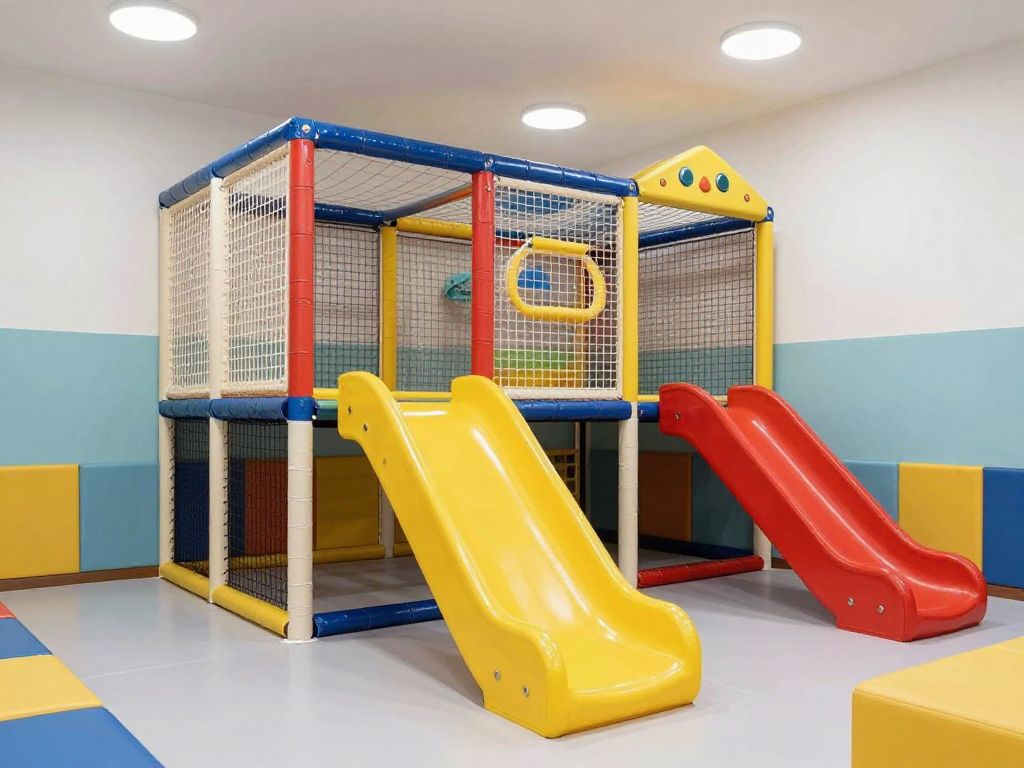The Lodging Conference, October 21, 2025
News Summary
The hospitality industry is facing significant challenges such as declining international travel and rising costs for materials and food. Executives at The Lodging Conference expressed concerns over U.S. policy changes creating uncertainty. A projected 20.2% decline in Canadian travel to the U.S. poses additional risks for hotel recovery. Despite these hurdles, industry leaders remain optimistic about economic growth and potential recovery by 2026, with emerging trends pointing towards luxury experiences and the use of AI to enhance operational efficiency.
Hospitality Industry Faces Challenges Amid Uncertainty But Remains Optimistic for Future Growth
The hospitality industry is currently grappling with significant challenges, including a decline in international travel and increased costs for materials and food, according to industry executives at The Lodging Conference. Executives are voicing concerns about how recent policy changes in the U.S. are creating uncertainty affecting both the economy and the hotel business through 2025.
One of the notable issues highlighted is a significant projected decline in Canadian travel to the U.S. of 20.2%, a downturn partially attributed to comments made by President Trump regarding Canada. This has caused unease among hotel executives, including concern that navigating these uncertainties could hinder recovery and growth.
Industry leaders, such as Joe Berger, president and CEO of BRE Hotels & Resorts, pointed out that uncertainty remains the primary concern for navigating the current landscape. The CFO and EVP of development at Marriott International emphasized that tariff announcements and international relations complicate hotel project planning, further exacerbating the sense of unpredictability in the market.
Beth McMahon, CEO of the Hotel Association of Canada, echoed these sentiments by stating that uncertainty harms business operations. Despite this, there are hopeful indicators emerging from discussions between U.S. and Canadian officials that may foster improvements. Additionally, Kamalesh Patel, chairman of the Asian American Hotel Owners Association, noted that corporate travel recovery has been inconsistent, highlighting the importance of flexibility in adapting to market demands.
Despite facing ongoing uncertainties, many hotel executives remain optimistic about economic strengthening by 2026. They foresee a return to form for the industry, with professionals like Kevin Davis, CEO of JLL Hotels & Hospitality Americas, noting a disconnect between capital markets and the real economy but remaining hopeful about the capital markets environment in 2026.
Moreover, industry leaders such as Arash Azarbarzin, CEO of Highgate, reported that hotel rates are rising concurrently with costs, creating opportunities for acquisitions. In a quieter environment for hotel deals, Justin Knight, CEO of Apple Hospitality REIT, mentioned that this provides a chance for strategic shifts that are likely to yield future returns.
Discussions at The Lodging Conference further elaborated on the importance of tariffs and economic challenges, while also recognizing new opportunities in portfolio expansion and improved performance. With ongoing headwinds from tariffs and uncertainty, the industry is seeing increasing trends toward luxury bespoke experiences and the potential for artificial intelligence to enhance hotel revenue.
Heightened operating costs affecting major companies like Marriott include increased expenses for labor and insurance. While the industry adapts to the effects of tariffs, ongoing policy changes are leading developers to pause their projects. New hospitality trends encompass demands for luxury experiential travel and the critical implementation of AI technologies to improve customer experiences and operational efficiency.
An example of adaptation in the hotel industry includes the Embassy Suites by Hilton Phoenix Biltmore, which recently completed a multimillion-dollar renovation. This upgrade includes modernized public spaces, redesigned rooms, and a new dining concept, TASTE, featuring locally inspired cuisine.
In conclusion, the hotel industry in the U.S. is focused on navigating the current uncertainties while actively seeking opportunities for growth and adaptation in an ever-evolving market landscape.
FAQ
What challenges is the hospitality industry currently facing?
The hospitality industry has encountered unforeseen challenges this year, including a decline in international travel from certain regions and rising costs of materials and food.
How has Canadian travel to the U.S. been affected?
A significant decline in Canadian travel to the U.S. is projected at 20.2% by Tourism Economics, which has been partially attributed to comments from President Trump regarding Canada.
What are the executives’ views about the future of the industry?
Despite the ongoing uncertainties, many hotel executives expressed optimism for improvements in 2026, forecasting economic strengthening and a return to form for the industry.
What new trends are emerging in the hospitality industry?
New hospitality trends include luxury experiential travel demands and the critical adoption of AI technologies to improve customer experiences and operational efficiency.
Key Features of the Hospitality Industry Challenges
| Feature | Description |
|---|---|
| Decline in Travel | Projected 20.2% decline in Canadian travel to the U.S. |
| Rising Costs | Increased costs for materials and food affecting hotel operations. |
| Uncertainty | Policy changes in the U.S. creating unpredictability for hotel businesses. |
| Future Growth | Optimism for industry recovery and economic strengthening by 2026. |
| Emerging Trends | Demand for luxury experiences and adoption of AI in operations. |
Deeper Dive: News & Info About This Topic
HERE Resources
Hotel Industry Insights Shared at The Lodging Conference
Phoenix Hosts Lodging Conference Highlighting Hotel Growth Strategies
Dick’s House of Sport Introduces Indoor Golf Hitting Bays in Phoenix
Uncertainty in the U.S. Hotel Industry Amid Political Strain
Ryman Hospitality Acquires JW Marriott Desert Ridge Hotel
JW Marriott Resorts in Arizona Enhance Guest Experience
Global Hotel Alliance Announces Key Leadership Appointments
Arizona Families Turn to Family-Owned Businesses Amid Economic Challenges
VAI Resort Hotel Construction Delayed Indefinitely
Texas A&M Board Approves New Aplin Center and Tuition Freeze
Additional Resources
- Hotel Dive: Hotel Trends at Lodging Conference 2025
- Wikipedia
- Hotel Law: JMBM’s Global Hospitality Group at 2025 Lodging Conference
- Google Search: Hospitality Industry Trends
- Hotel Online: Embassy Suites Renovation
- Encyclopedia Britannica: Hospitality Industry
- Hotel Investment Today: Conley’s Legendary Phoenix Closure
- Google News: Hospitality Industry Forecast
- Phoenix New Times: Downtown Phoenix Restaurants
Author: STAFF HERE PHOENIX WRITER
The PHOENIX STAFF WRITER represents the experienced team at HEREPhoenix.com, your go-to source for actionable local news and information in Phoenix, Maricopa County, and beyond. Specializing in "news you can use," we cover essential topics like product reviews for personal and business needs, local business directories, politics, real estate trends, neighborhood insights, and state news affecting the area—with deep expertise drawn from years of dedicated reporting and strong community input, including local press releases and business updates. We deliver top reporting on high-value events such as the Waste Management Phoenix Open, Cactus League Spring Training, and Arizona State Fair. Our coverage extends to key organizations like the Greater Phoenix Chamber of Commerce and Visit Phoenix, plus leading businesses in technology and healthcare that power the local economy such as Intel and Banner Health. As part of the broader HERE network, including HERETucson.com, we provide comprehensive, credible insights into Arizona's dynamic landscape.





